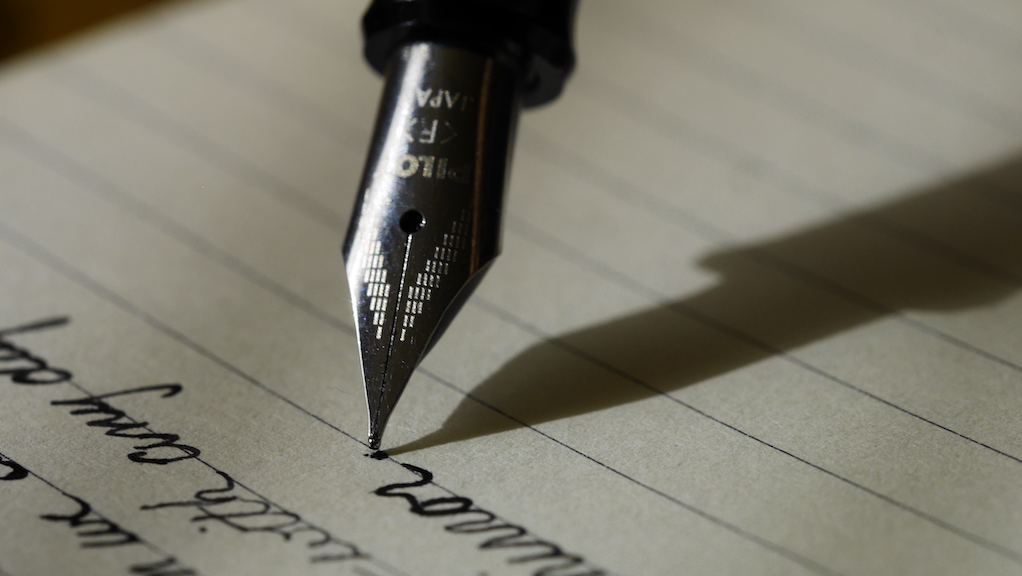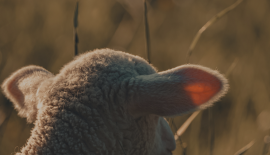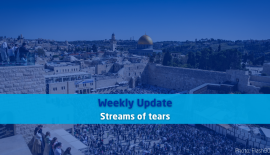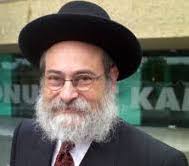‘Dear me,’
In a few weeks’ time it will be Pesach, the celebration of the Exodus from Egypt, freedom from slavery. Unfortunately at this very moment we are experiencing the opposite of freedom personally. It is a fact that at this very moment we cannot move and travel freely. We are stuck!
But are we really stuck or is there a comprehensive spiritual component to being stuck? Slavery has a lot to do with the way I look at my own limitations.
Firstly, let me say that within the Jewish way of thinking it is a sound and important principle to look for the best of the other person and always be critical towards yourself.
When observing wrong behavior at another person, I can only do so because in me that negative is present as well, maybe at a lower level though. If I don’t know of the existence of an incorrect behavior, I would not be able to recognize it.
It is therefore very easy to emphasize what we can learn from the isolation to which we are now forced physically and moreover spiritually.
Therefore, dear reader, this article is focused on me, and not on you. Self-reflection in a phase where everything is different than expected.
I thought about a speech I held in a small village in Friesland [a Dutch province] about 30 years ago, where a Yad Vashem award was presented to the Righteous amongst the Nations, who with risk for their own lives had saved Jews.
As usual a volunteer of Yad Vashem Netherlands spoke a word of welcome, then it was my turn to give my speech and after me the Cultural Attaché of the Israeli Embassy continued and brought his message in English. Following the speeches, the award ceremony started. The rest of the program is of no relevance here.
After I held my speech the Cultural Attaché of the Israeli Embassy started his speech, referring to mine, as follows:
“Although I am not a religious Jew”. The rest of his speech was fine, but afterwards I asked him what he thought was the relevancy of emphasizing that he was not a religious Jew, which in my opinion was an unnecessary remark and at the same time quite offensive to those present, who were mainly religious Christians.
He wholeheartedly admitted that I was right and that he would in future watch his words more carefully.
Anyway, a few days later, just by chance, we met on the train. Our being on the same train was just a coincidence, if that exists.
He joined me in my compartment and sat down across from me. Instead of wishing me a good afternoon, his words were: “Rabbi, I am a religious Jew”.
And then he told me his story.
My parents were survivors of the Shoah. My father came from Poland and my mother from Germany. After the War they both individually moved to Israel, where they met in a kibbutz, got married and where I was born. I have never been able to understand why my parents, and their whole generation with them, had themselves slaughtered. We, proud Israeli’s would have beaten the enemy merciless. I looked at my parents with disdain.
But then, at the Jom Kippur war I suddenly had a completely different idea of my parents. I was a lieutenant in the Israeli Army, I was in charge of more than 400 men of a tank division. We were suddenly surrounded by the Egyptian Army. Of course, we did not see them, as tanks do not stand opposite each other in a war…. But still…. I was terrified.
I begged G’d: Dear G’d, save my men and me. If You save me, I will always eat kosher, observe shabbat and say the daily prayers.
I was so afraid. And then I thought about my dear parents, who were surrounded by enemies for seven years, without weapons, no country to go to for refuge, and nobody to save them.
And then me today: we have heavy weapons; we do not even see the enemy and I know that we have the strongest army in the world that will come to our rescue within a few days. I am such a coward, what disrespect towards my parents…..
While being in quarantine in my own house, imprisoned(?), I think about my dear parents, who were surrounded by enemies who wanted their destruction, almost three years in hiding, in quarantine. Nowhere to go.
My father’s hiding people where exploiters, my mother was with very good people. My father was locked up completely for almost three years, nowhere to go to, not even to get some fresh air and always hungry.
I never looked down upon my parents, but I also never gave their lives in hiding another thought. Now, much too late of course, I feel nothing but a deep respect for them. All I ever heard was that they did not have it so bad, compared to those who were in the concentration camps.
Stop complaining, I tell myself. Isolated? I have e-mail, a phone and I can go out for a short walk to breathe some fresh air.
And besides that: right now, I can be so useful to my fellow people!
Keep strong and healthy and may the Almighty bless all of us and bring speedily in our days the ultimate and final redemption.
Binyomin Jacobs, Chief Rabbi of the Netherlands






